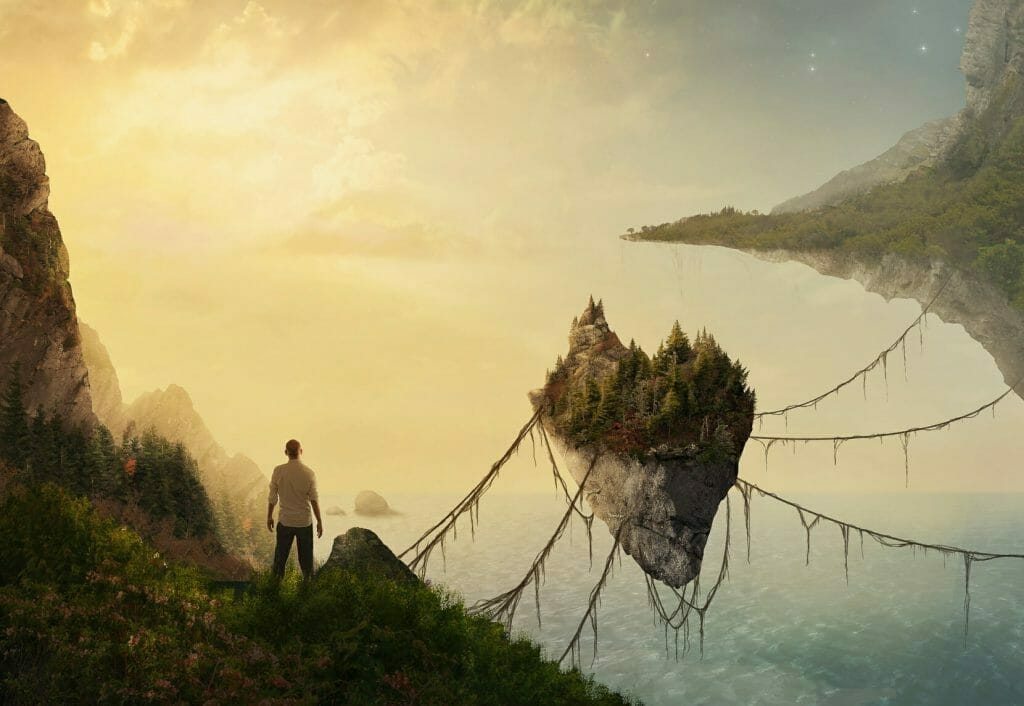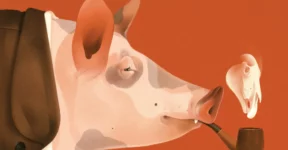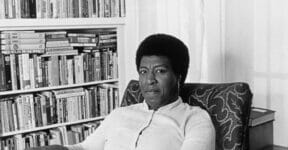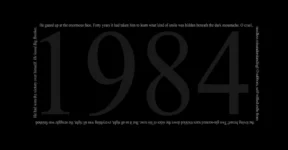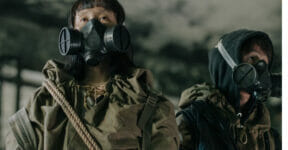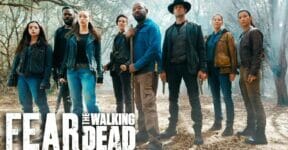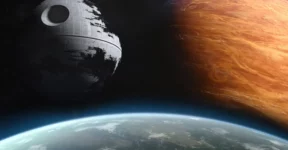The Retrospective Hugo Award winning, Animal Farm by George Orwell is among the best dystopian novels for a thought-provoking read. Sitting alongside the novel with equally fascinating premises are the following books:
We by Yevgeny Zamyatin (1924)
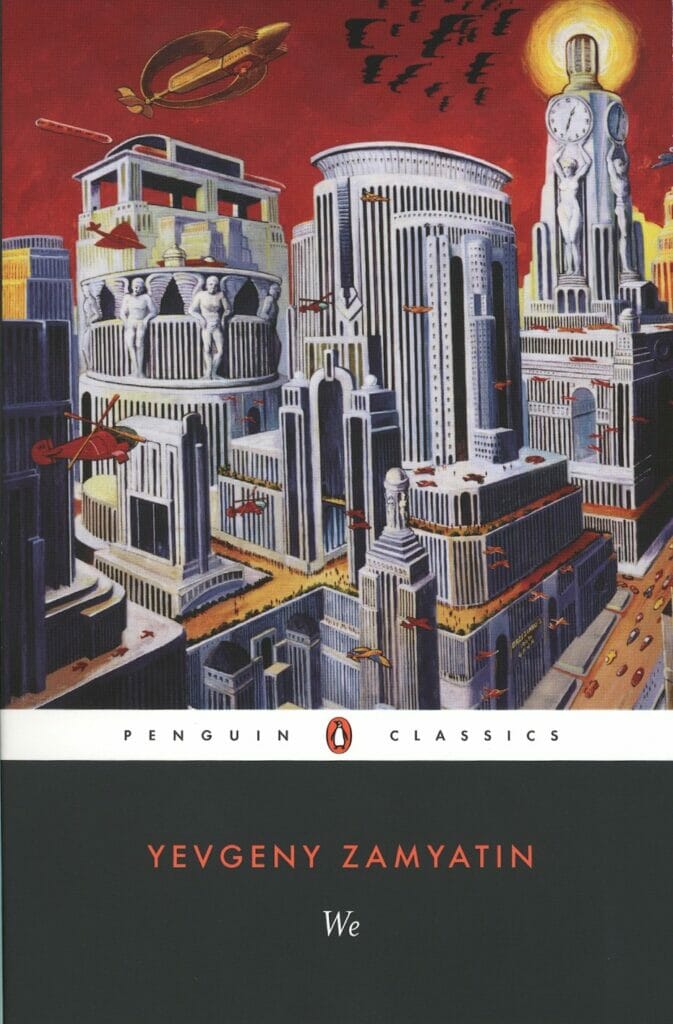
Dystopian literary genre, characterized by the presence of a community where distress and fear run rampant, was the brainchild of Russian writer Yevgeny Zamyatin in his novel “We,” published in 1924. As it stands today, “We” is regarded as the principle role model for all dystopian texts after it.
Brave New World by Aldous Huxley (1932)

Events in “Brave New World” start in 2540 C.E., or as the novel calls it, AF 632. The term AF refers to “After Ford,” because Henry Ford’s assembly line is praised as a god-like invention. It tells the story of a futuristic society where a state-sponsored cloning program determines every individual’s characteristics, emotions, and fate.
Nineteen Eighty-Four by George Orwell (1949)
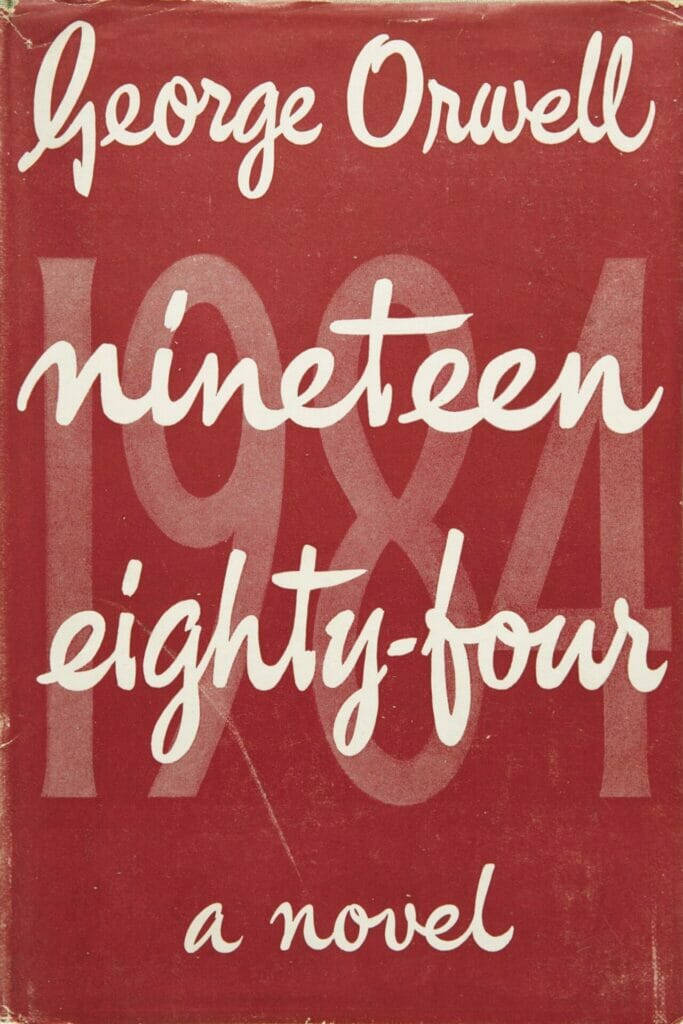
Huxley’s Brave New World and Orwell’s Nineteen Eighty-Four have an unmistakably similar premise of a country under brainwashing totalitarianism. The difference is that Huxley depicts a story in which government controls the people by inflicting pleasure, whereas Orwell pictures an undisputed authority by pain.
The Time Machine by H. G. Wells (1895)
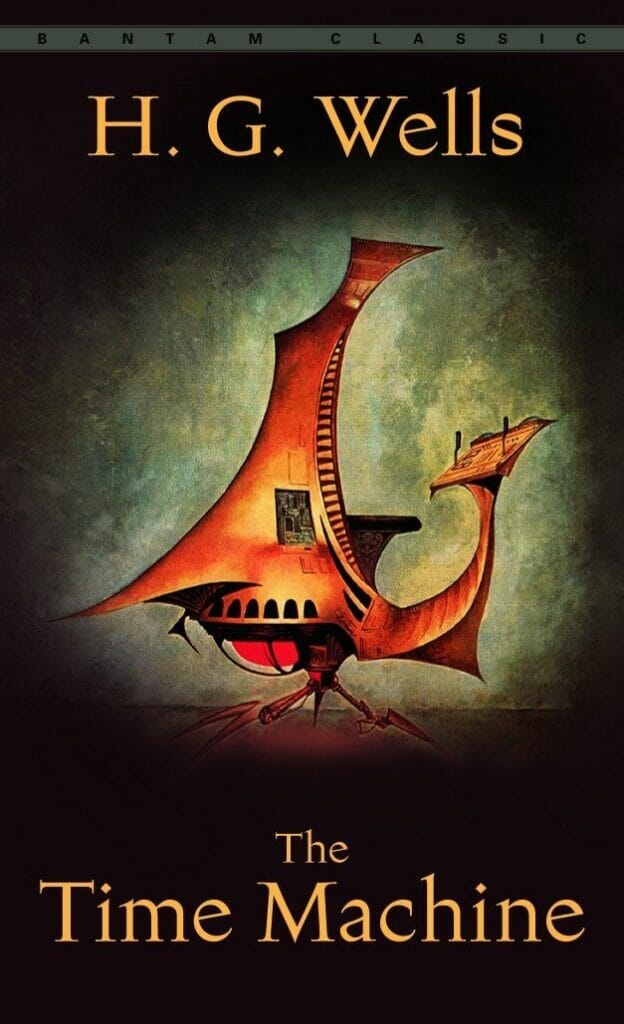
The appropriately named “Time-Traveler” makes a journey to the future and finds a dystopian society split in two: the financially powerful Eloi and the subterranean Morlocks. The former represents the upper class of the British society, while the latter feeds upon them.
The Iron Heel by Jack London (1908)

It is a fictional yet somewhat prophetic political novel to illustrate the rise of fascism in the early 20th century. The Iron Heel depicts the gradual decay of capitalism and transformation into plutocracy system. Democracy is powerless in the face of such pervasive force.
Atlas Shrugged by Ayn Rand (1957)

When corrupt moochers hold important positions in the United States government, the country is on a collision course with an economic disaster. Intelligent members of society choose to leave the dystopia and create their own utopia elsewhere.
A Clockwork Orange by Anthony Burgess (1962)
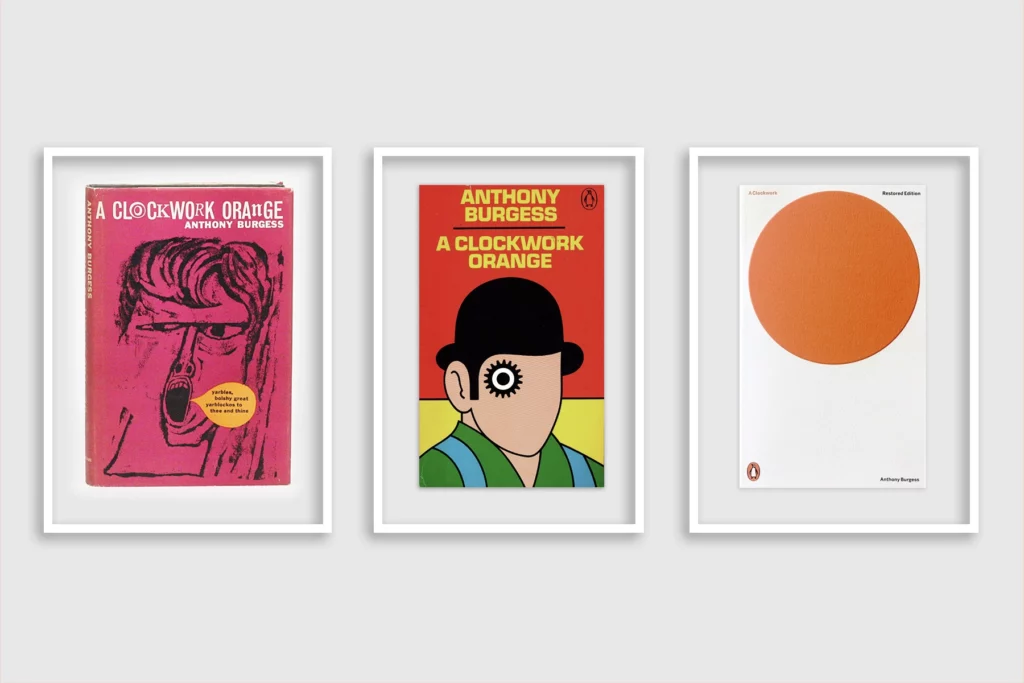
Some people are born violent. The seemingly incorrigible Alex fights his way through the state-controlled society and ends up being subjected to a series of psychotherapy of the utmost degree. It is his natural depravity against a fabricated one.
The Handmaid’s Tale by Margaret Atwood (1985)

Women are relegated to the roles of breeders, servants, and wives in a future dystopian United States. Handmaids are breeders; their sole purpose in life is to supply babies for the hierarchically higher-ranked wives who cannot have children of their own. The novel is a feminist’s view towards an unbound conservatism.
The Children of Men by P.D. James (1992)

One thing that makes The Children of Men a chilling read is its plausibility. In the near dystopian future, humans are infertile. The absence of a young generation leads the Warden of England to enforce female inspections, mandatory sperm tests, and voluntary suicides of the elderly.
The Giver by Lois Lowry (1993)

A compassionate figure known as the Giver transfers the memories and knowledge of past wars, pains, and fears to Jonas, the Receiver. Through those memories, Jonas learns their utopian society is a dystopia in disguise.
The Road by Cormac McCarthy (2006)
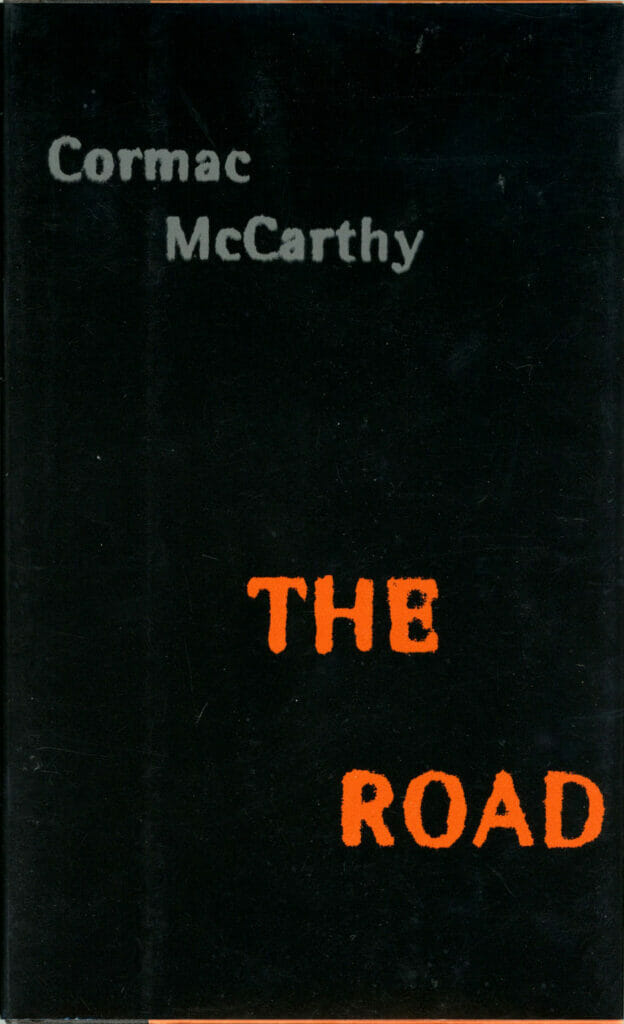
A disaster transforms the United States into a lawless nation. In this award-winning novel, a father and his son make a journey to nowhere just to stay sane against an all-around dystopia.
Future Home of the Living God by Louise Erdrich (2017)

Evolution engages the reverse gear and runs at full throttle in the wrong direction. Every newborn is more regressed than the one before. The future of human population is at its bleakest state.
Never Let Me Go by Kazuo Ishiguro (2005)

When Ruth and Tommy decide to escape their confinement, they begin to learn about the ever-present dystopia in the society. Things get harder as they come to realize the poignant roles they must play.
The Drowned World by J.G. Ballard (1962)
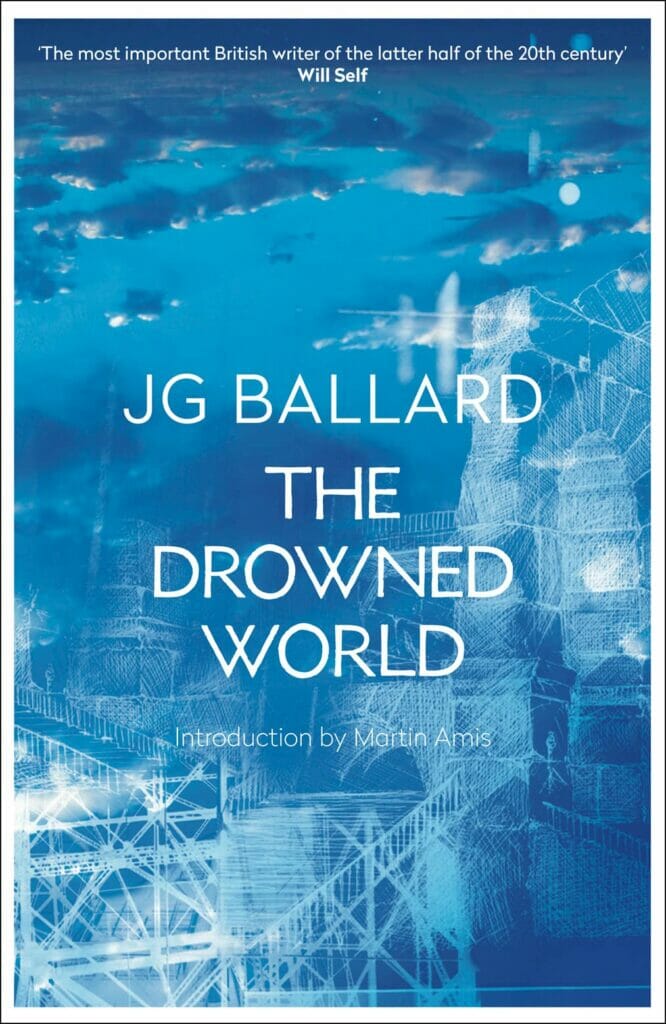
Global warming has rendered London uninhabitable. Some scientists must endure every challenge the dystopian city throws at them in the hope of reviving the wasteland back to its former glory.
Battle Royale by Koushun Takami (1996)
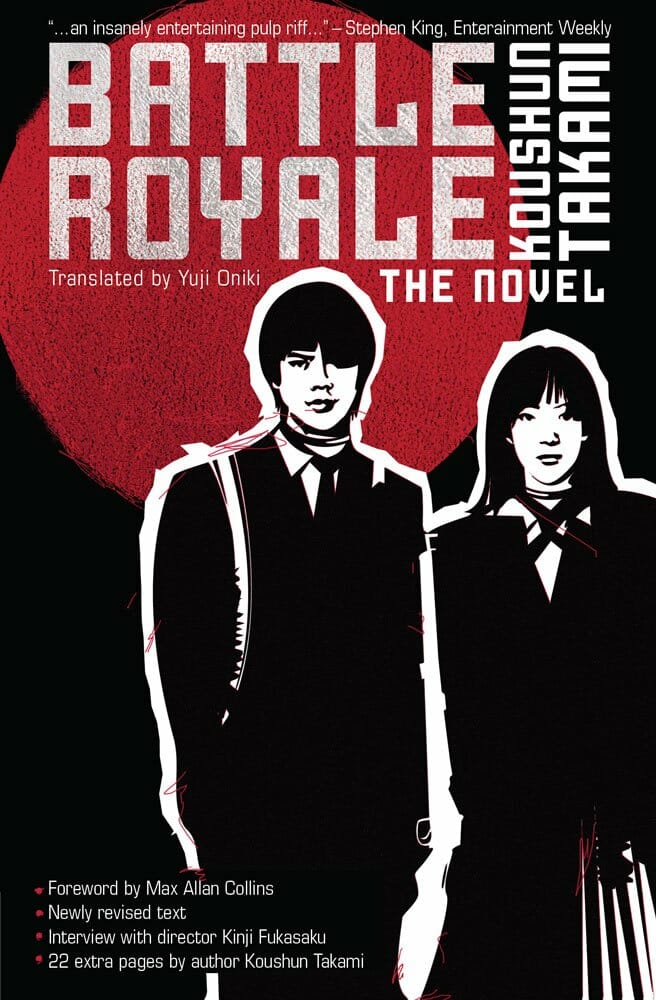
Young students are left with no choice but to fight for their lives against a tyrannical government. Battle Royale is like The Hunger Games in many respects, but with more intense violence.
Parable of the Sower by Octavia E. Butler (1993)
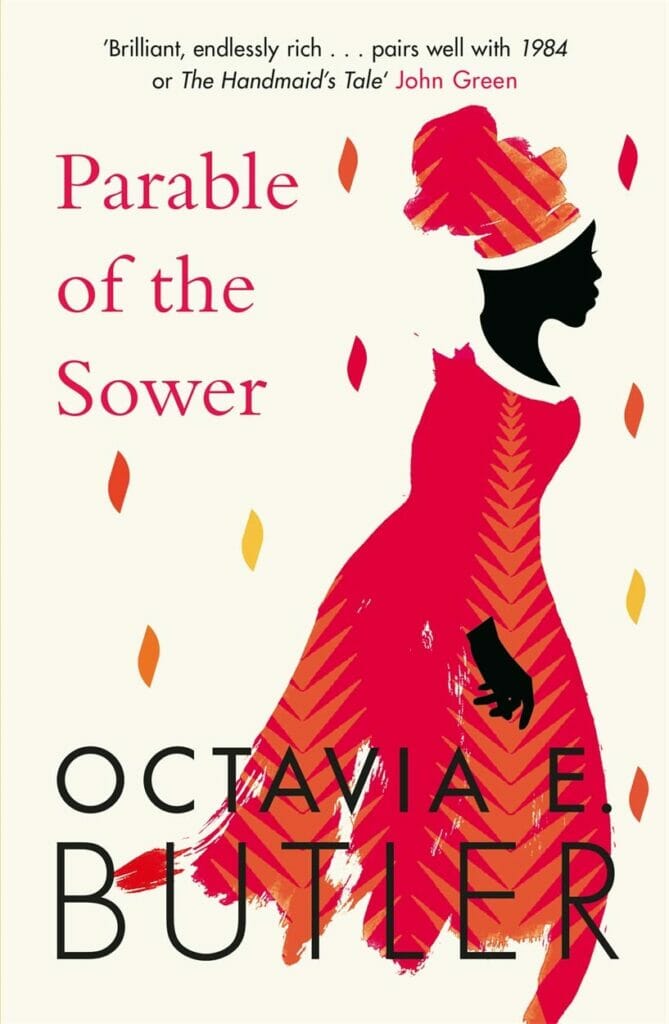
Political unrest and climate change sweep through the nation like a wildfire. Resources are scarce, forcing Lauren to flee through a world full of wreckage and find refuge somewhere in the north.
Borne by Jeff VanderMeer (2017)
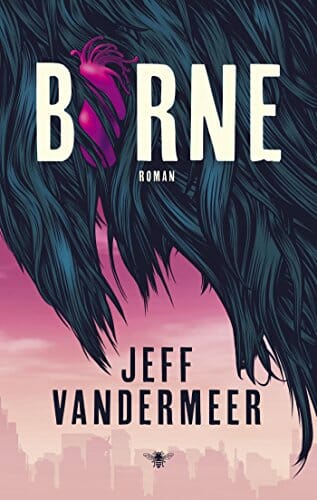
The world is now a dystopian barren land in the aftermath of a biotech experiment conducted by the Company. The experiment is a genetic-engineering program to create new creatures. The discovery of a shape-shifting animal will change the life of a scavenger.
Uglies by Scott Westerfeld (2005)
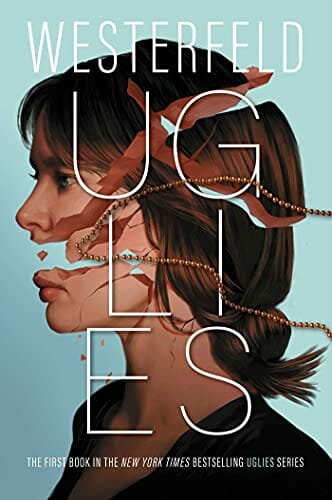
Everyone is considered naturally born ugly. As soon as people reach the age of 16, the law requires them to undergo cosmetic surgery, so they may join an approved class of citizens known as “Pretty.” Those who have doubts about the system form their own colony, the Uglies.
The Fifth Season by N.K. Jemisin (2015)
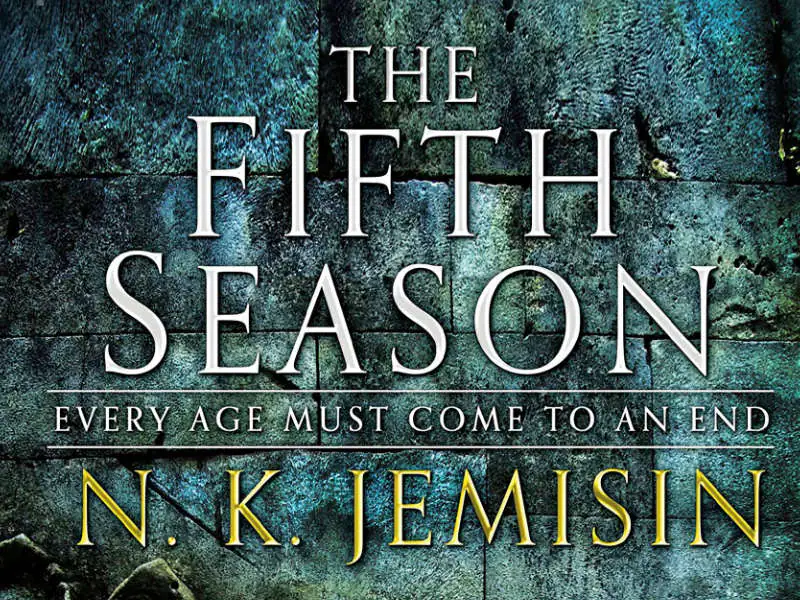
The fictional planet in the novel only has one massive continent. Disaster happens on a periodic basis. A disaster, whether natural or manmade, is called a season. Every fifth season is apocalyptic. The instability of the continent is only matched by its own volatile dystopian society.
Blindness by Jose Saramago (1995)

A major portion of the population suddenly suffers from vision loss one morning. The society has to learn quickly to accept and live with the new unfortunate situation. Blindness explores the fragility of human civilization in dealing with an unpredictable challenge.
The City We Became by N.K. Jemisin (2020)
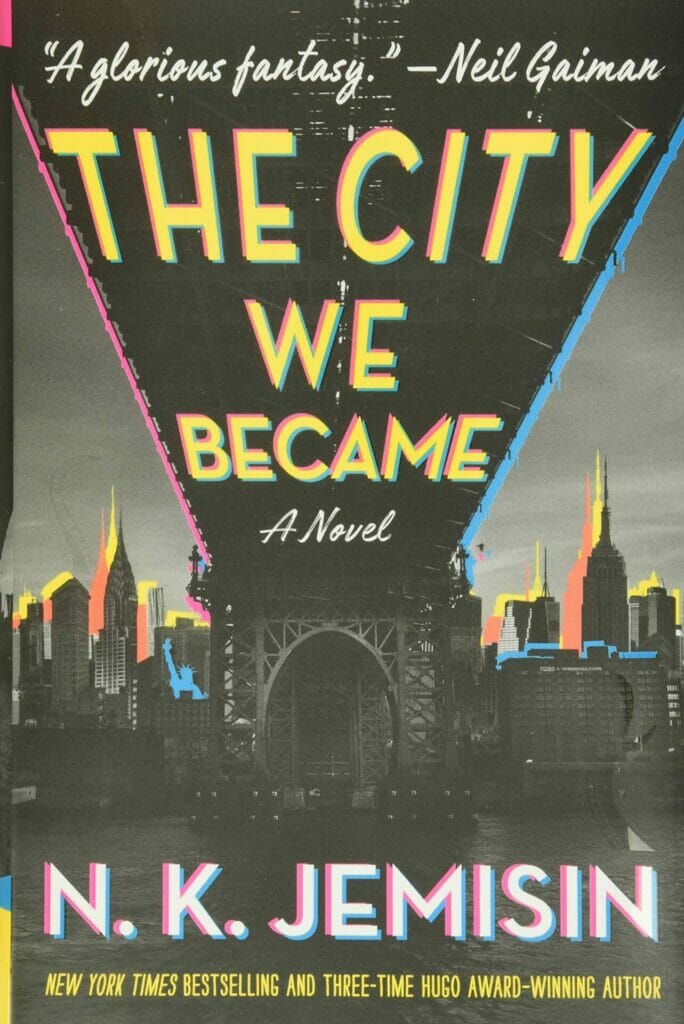
Manhattan, Brooklyn, The Bronx, Queens, and Staten Island are five sentient boroughs; each is represented by a human avatar. When the primary avatar of New York City falls, the other five avatars come together to face a common adversary.
The Leftovers by Tom Perrotta (2011)
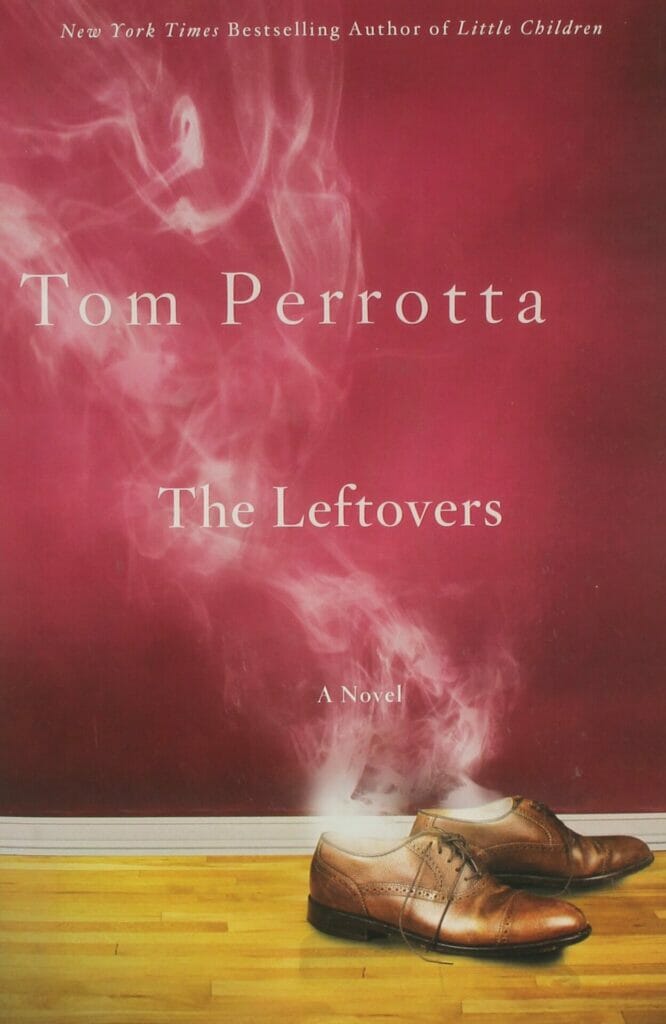
The world is grieving and left with many unanswered question when 2% of the population vanishes. The remaining 98% must find some ways to cope with the unprecedented loss. Some end up in bottomless despair, others find solace in extreme religions.
The Dreamers by Karen Thompson Walker (2019)
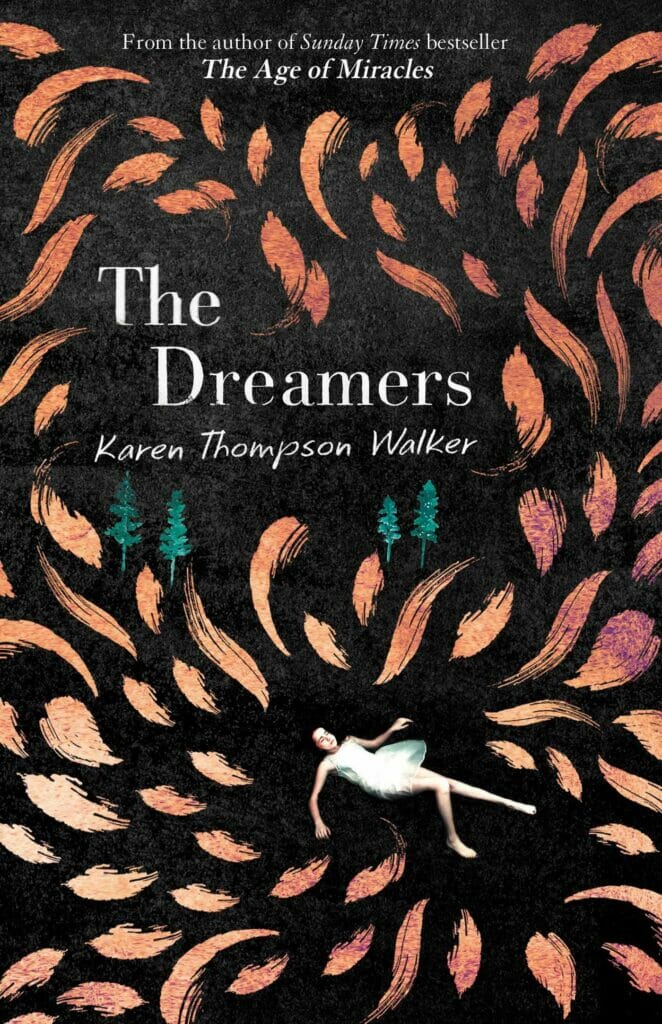
People cannot wake up due to a mysterious illness. In their deep sleep, their brain activity is higher than ever. It turns out they are dreaming about lives they never knew.
Ella Minnow Pea by Mark Dunn (2001)
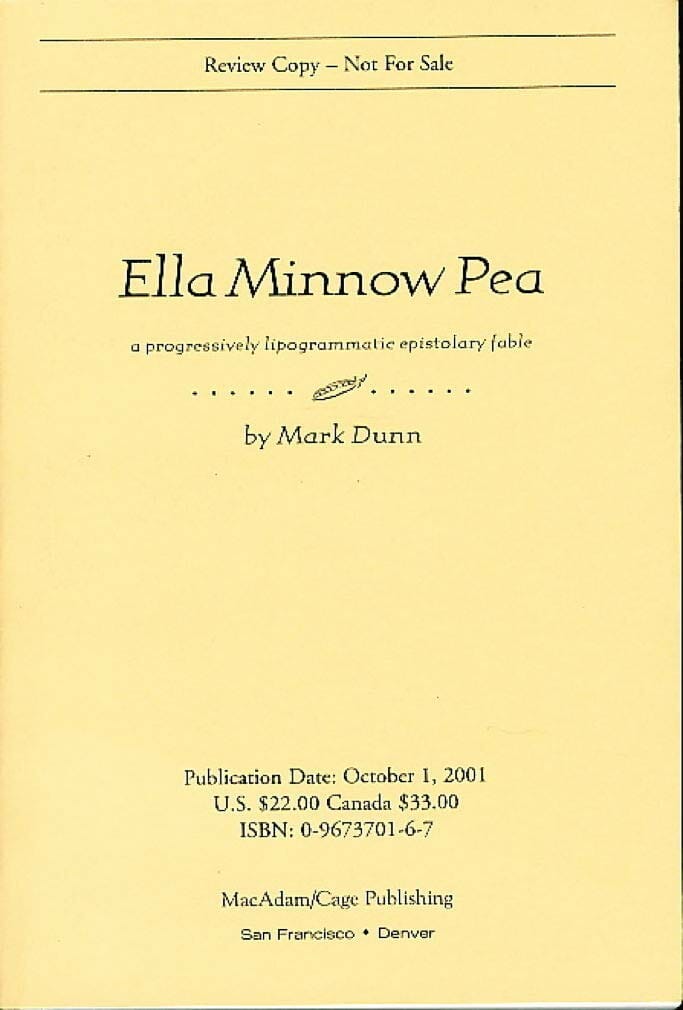
In a borderline dystopian society across America, it is against the law for people to use certain letters in any form of writing. The hardly reasonable linguistic rule forces people to make use of clever word play.
The Memory Police by Yoko Ogawa (1994)

The dystopia grows slowly in the society of an unnamed island. Physical objects and eventually abstract ideas began to disappear without apparent reason. It is the job of the Memory Police to make sure that the “disappeared” remain out of sight.
Leave the World Behind by Rumaan Alam (2020)
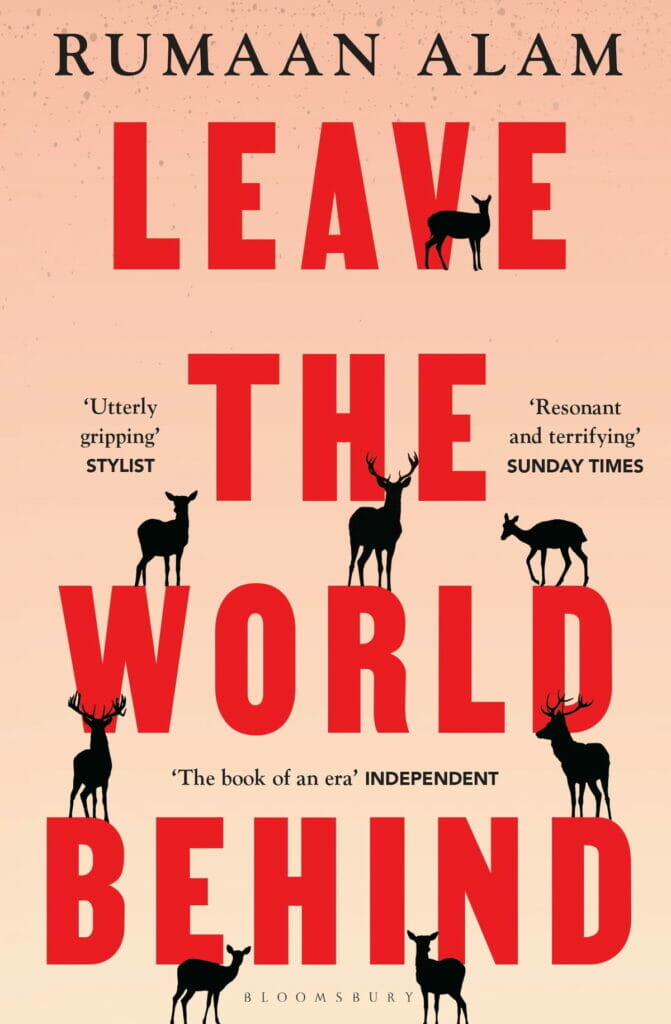
Sudden chaos happens in New York City. Normal days are slowly fading as a dystopia comes closer to everyday life. Two families are on their way to figure out how to survive amid a new unpleasant reality.
The Wall by John Lanchester
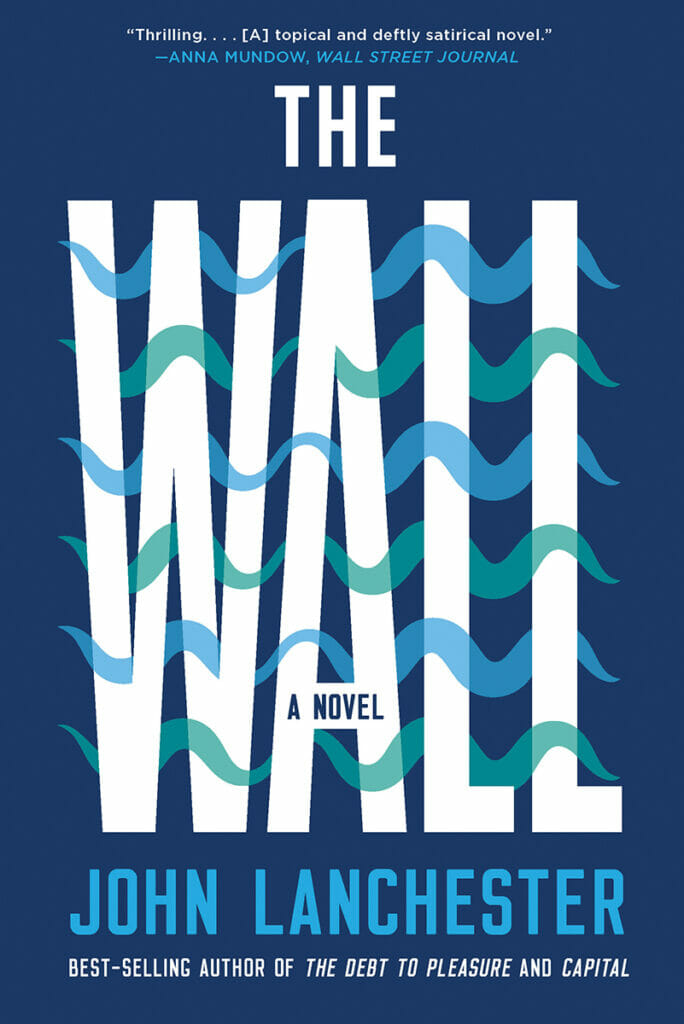
A catastrophic climate event called the “Change” has made life gloomy across Britain. The borders are shut, and every youngster must perform a mandatory service of patrolling along 10,000 km walkways to keep the “Others” at bay.
Afterland by Lauren Beukes (2020)

Only 1% of the world’s population remains in the aftermath of a cataclysmic disaster. The 12-year-old Miles does not want to be adopted by another family, but at the same time he has no intention to father the repopulation.
Followers by Megan Angelo (2020)
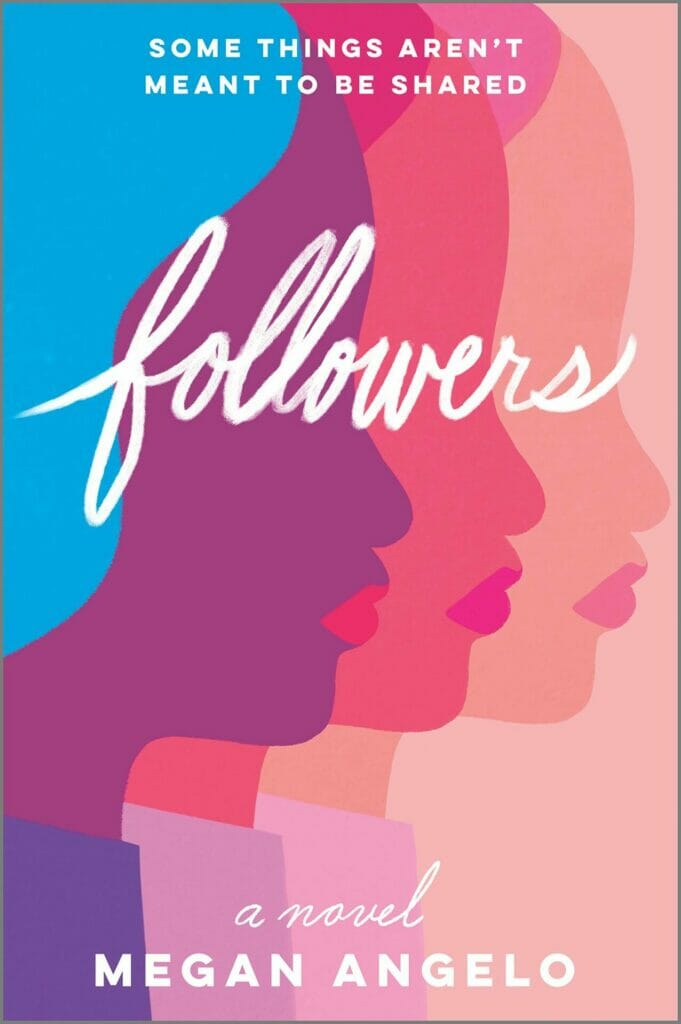
In the present day, Floss is a star on social media. In the near future, popular celebrities become government agents whose lives are broadcast to the population at large. The internet-obsessed citizens gradually suffer from an obvious lack of real-life social connections.
Vox by Christina Dalcher (2018)
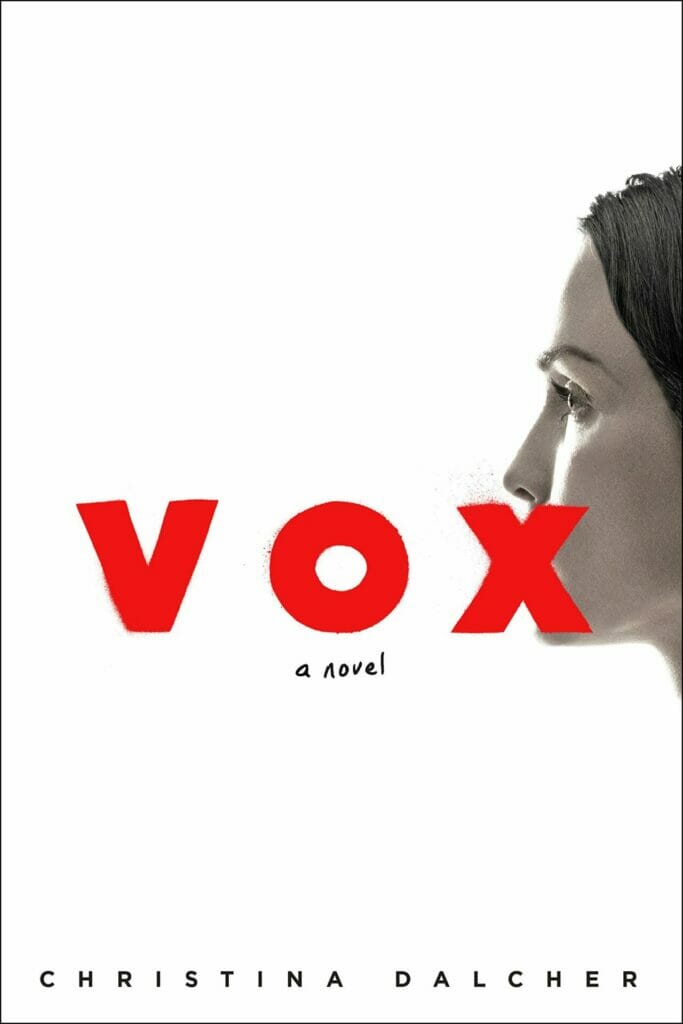
Women in a dystopian America are only allowed to speak no more than 100 words per day. Exceeding the limit is punishable by electric shocks. A mother and her daughter try to find freedom, as her husband and sons begin to like their new power.
Red Clocks by Leni Zumas (2018)
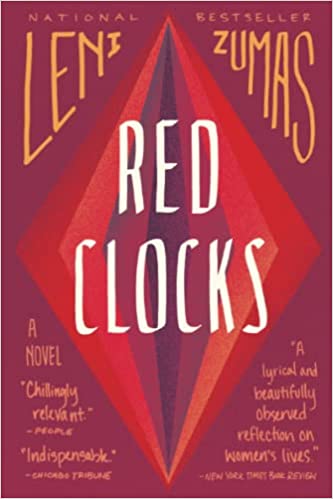
The United States is changing. In Red Clocks, the most punitive change comes from a law that makes abortion illegal, which is not so far off from the reality. Five women attempt to live their lives as normal as possible despite the change.
It’s no wonder so many dystopian books have been made into movies or TV shows. They stir up our strongest emotions and really get us thinking about our own lives and how we’re being treated. What’s your favorite dystopian book? Let us know. We’d love to hear from you.
Other things you may want to know about.
1. Who are some well-known dystopian protagonists?
Katniss Everdeen in The Hunger Games
Winston Smith in 1984
Guy Montag in Fahrenheit 451
Alice Michaels in The Things We Cannot Say
Alexis Bledel (Ofglen) in The Handmaid’s Tale
Theo Faren in The Children of Men
2. Is Harry Potter a dystopian?
As we have seen the Harry Potter series seems to serve as a gateway for YA dystopian literature and stands as the first novel to develop key dystopian themes for children and young adults.
Thanks to:
Harry Potter as a bridge between two cultures — Anglais
3. Who are some authors of dystopian books?
George Orwell — 1984
Ray Bradbury — Fahrenheit 451
José Saramago — Blindness
Anthony Burgess — A Clockwork Orange
Margaret Atwood — The Handmaid’s Tale
Cormac McCarthy — The Road
P. D. James — The Children of Men

